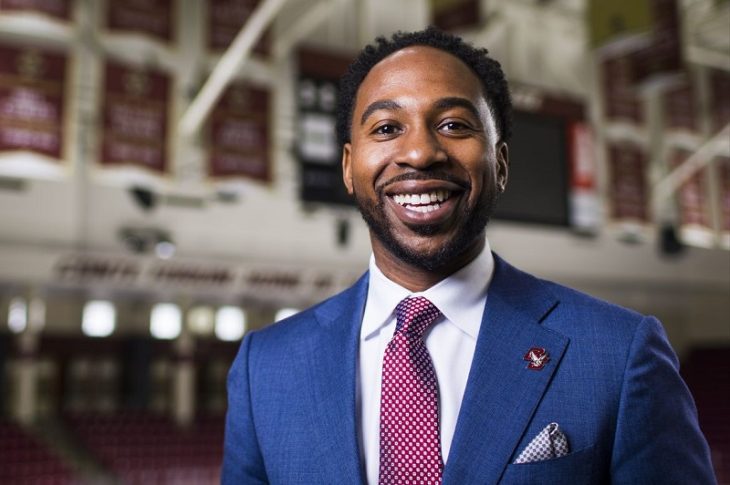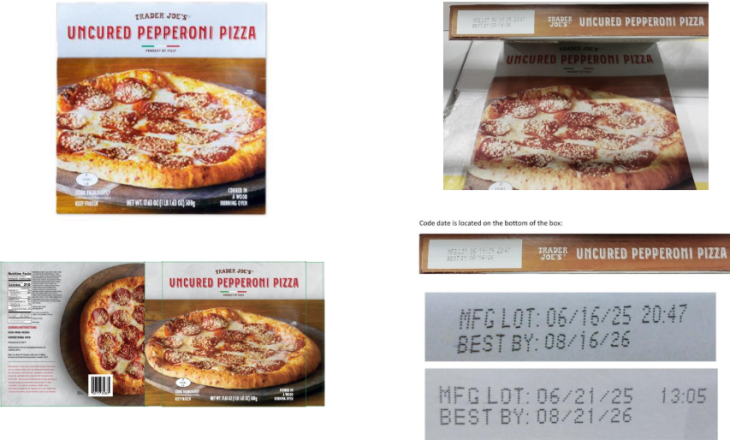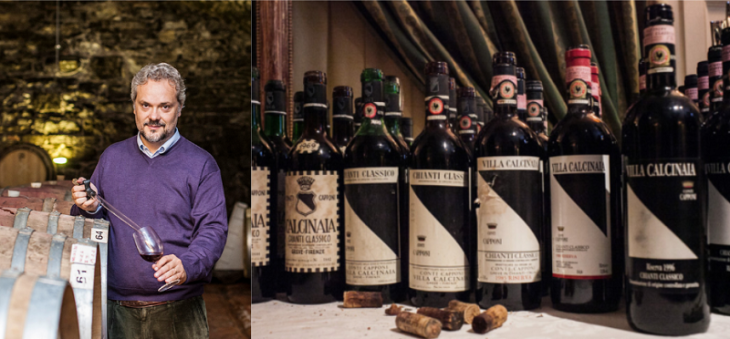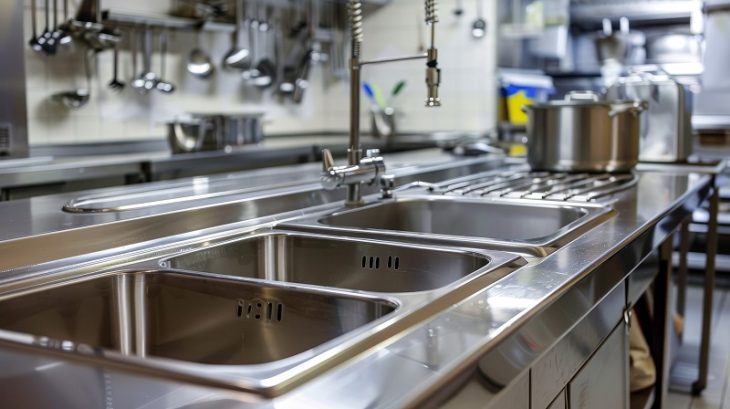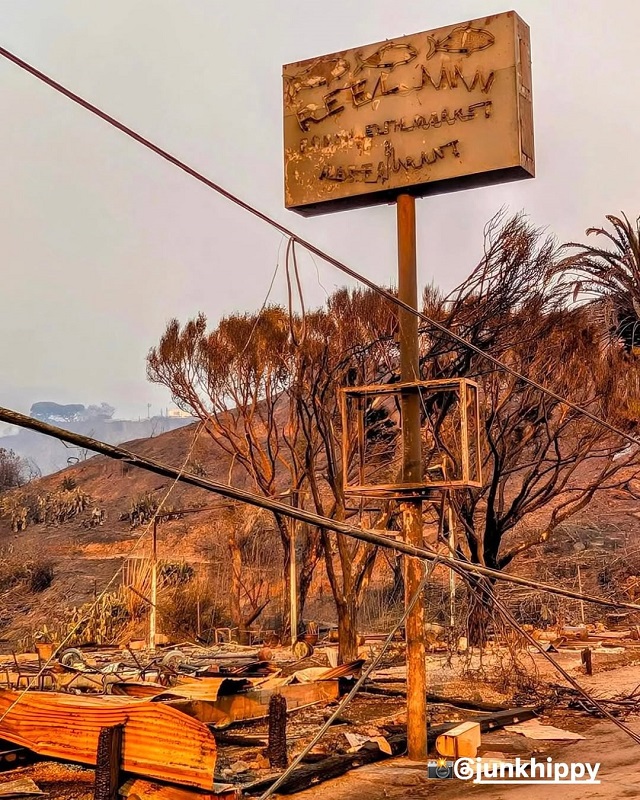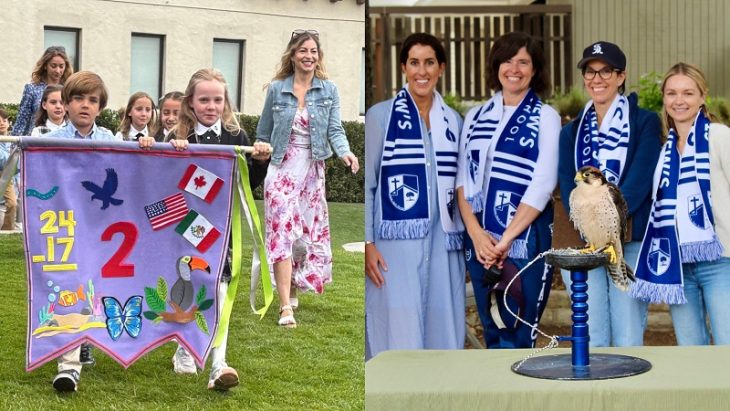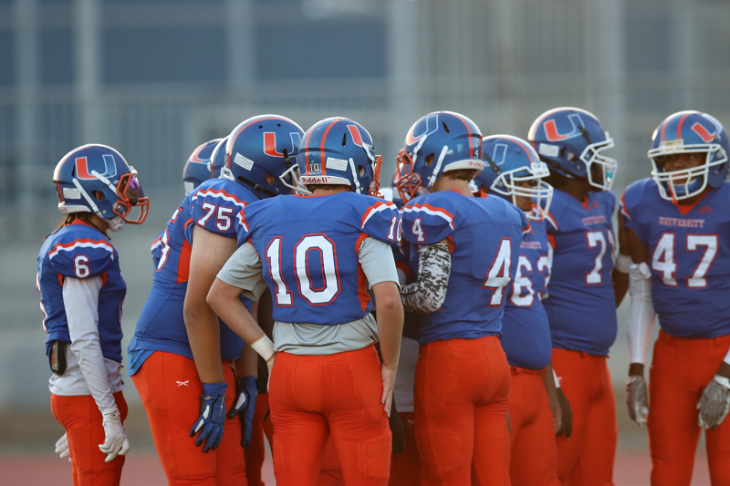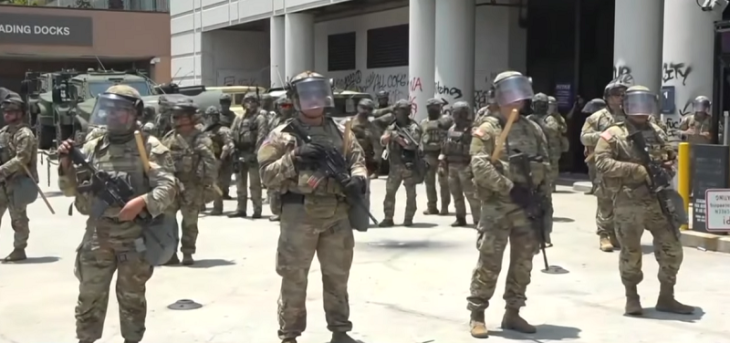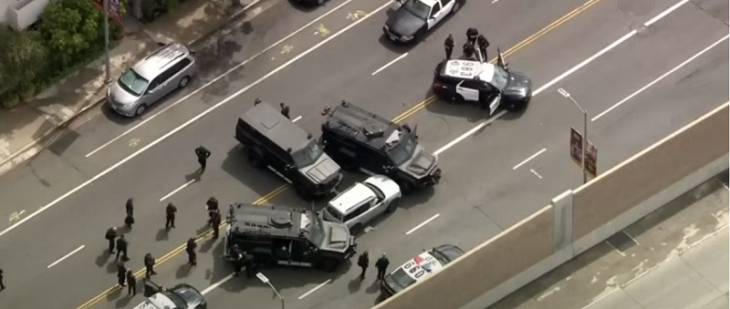
As ridesharing apps like Uber and Lyft continue to proliferate on the Westside, a new report indicates that the influx in services correlates with a reduction in drunk-driving-related incidents.
In California, drunk-driving crashes fell 6.5 percent among drivers under 30 in the markets where Uber operates following the launch of uberX, according to the report’s findings.
“That represents potentially 60 fewer drunk-driving crashes each month – a total of 1,800 crashes avoided, since July 2012,” the report states.
Titled “More Options. Shifting Mindsets. Driving Better Choices”, the report was commissioned by Mothers Against Drunk Driving (MADD) and Uber Technologies Inc. and was published late January this year.
“This study shows us that when empowered with more transportation options, people are making safer, better choices that are helping save lives,” said David Plouffe, Senior Vice President for Policy and Strategy at Uber.
Further more, a total 93 percent of people would recommend ridesharing as a safer way home to a friend who had been drinking, according to the report.
While it’s hard to prove causation with a study like this, according to The Rideshare Guy blogger and driver Harry Campbell, he often advises new rideshare drivers to “follow the alcohol” when looking for fares.
“That is where you’ll get the highest number of rides and make the most amount of money,” Campbell explained. “So I’m sure you can imagine how many party-goers now opt for Uber and never have to even worry about how many drinks they’ve had.”
Nearly four in five, 78 percent of those surveyed for the report, said that friends are less likely to drive home after drinking since ridesharing services like Uber started operating in their city.
Nearly everyone surveyed recommend that their friends take Uber instead of driving if they have been drinking alcohol.
Despite the positive findings, for Westside police, the situation may not be as cut and dry as Uber and MADD conclude.
It is very difficult to know exactly how much of an impact ridesharing has had on impaired driving as many impaired drivers are out on the roads without being identified or apprehended, explained Santa Monica Police Department Traffic Investigator Jason Olson.
“With that being said, there has been a significant increase in the use of ridesharing apps in Santa Monica as a large number of contacts during DUI Checkpoints and DUI Saturation Patrols are rideshares,” Olson said.
Statistically speaking, the number of DUI arrests in Santa Monica has actually increased over the last three years: 159 arrests in 2012, 188 arrests in 2013, and 193 arrests in 2014, according to Olson, although this could be attributed to increased training and efforts by officers to make streets safer, he said.
The issue of drunk driving and street safety, particularly in the evening, is on the minds of most U.S. voters, according to the report.
Los Angeles Mayor Eric Garcetti agrees, stating that he has been and remains committed to providing Westside residents multiple safe and convenient options for getting where they need to go.
Garcetti “continues to push for more transportation innovations and solutions and is working closely with ride-hailing companies to ensure customer convenience and public safety for users in Los Angeles,” his office said.
“People use ridesharing apps for all sorts of reasons – from connecting the first and last mile when they use public transportation, to serving as a designated driver after a night out,” added Los Angeles City Councilmember Mike Bonin.
Chairing L.A. Council’s Transportation Committee, Bonin explained that he is supportive of ridesharing apps, as long as riders are safe and the service is offered in neighborhoods throughout the city.
“I hope to see them continue to grow on the Westside,” he said.
Less drunk drivers on the road is safer for everyone, including the drivers, Campbell added, while acknowledging current unrest among Uber drivers due to the recent “aggressive cuts” to driver income.
The relatively unregulated industry also has Olson concerned, but from a different angle, worried about passenger safety and the behavior of rideshare drivers towards taxis, and driver background checks.
“Incidents that are usually reported by uninvolved bystanders are about arguments, fights, road rage, and protests between the two groups,” Olson said.
“On one occasion, a [rideshare] driver I stopped admitted to being on probation as well as having a serious criminal history that was either not truly disclosed or never verified,” he added. “If the same individual had been referred to me as a taxi driver applicant, his permit would have been denied in the interest of public safety.”
Despite potential risks, MADD National President Colleen-Sheehey Church, whose 18-year-old son was killed in a drunk and drugged driving crash, said that ridesharing services are critical to helping create a future of no more victims.
“With so many reliable and accessible options at people’s fingertips, there are no more excuses to drink and drive,” Church said.
Founded by a mother whose daughter was killed by a drunk driver, Mothers Against Drunk Driving (MADD) is the nation’s largest nonprofit working to end drunk driving, help fight drugged driving, support the victims of these crimes and prevent underage drinking. Learn more by visiting madd.org or calling 1-877-ASK-MADD.


